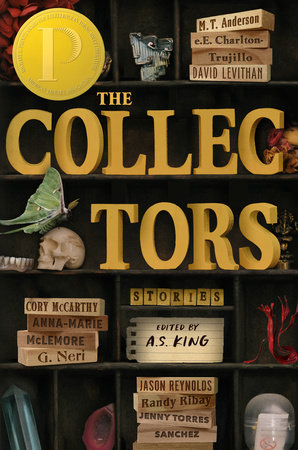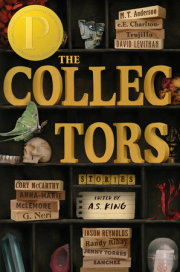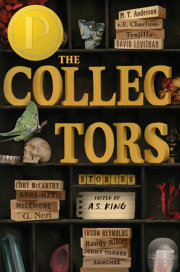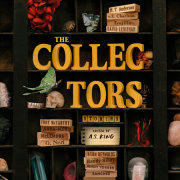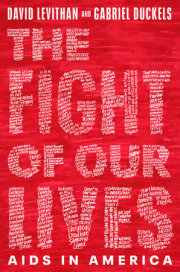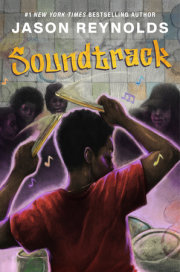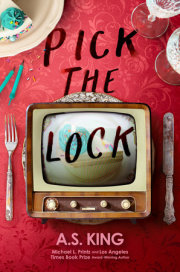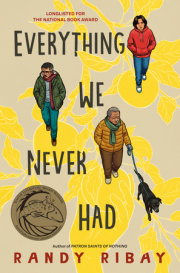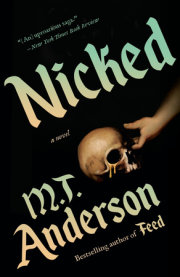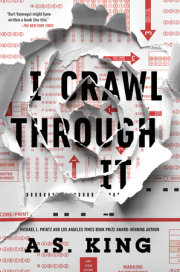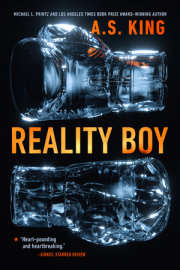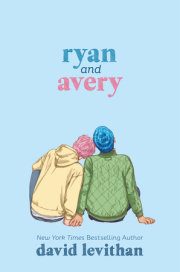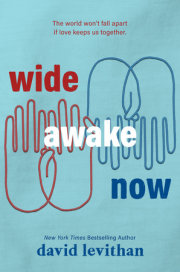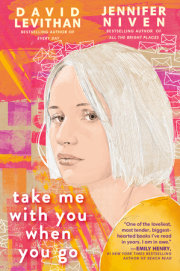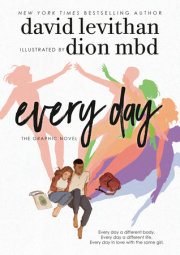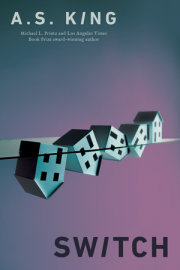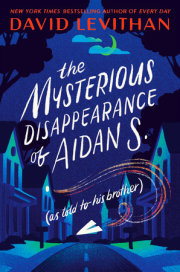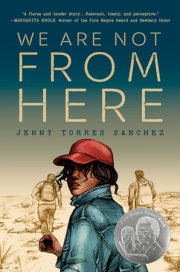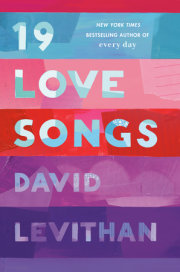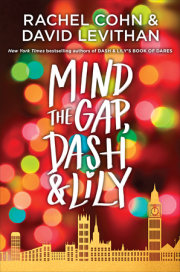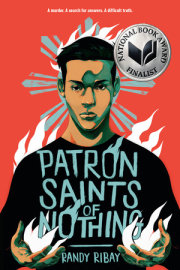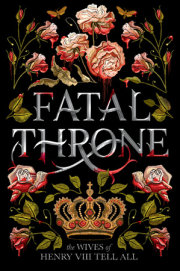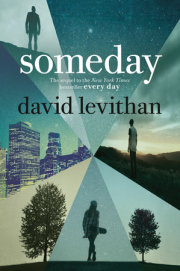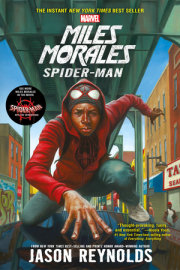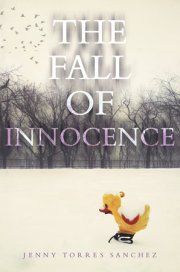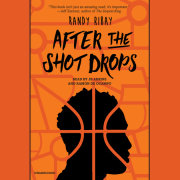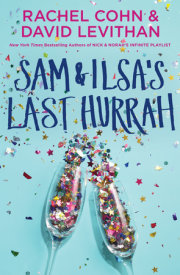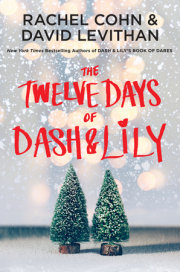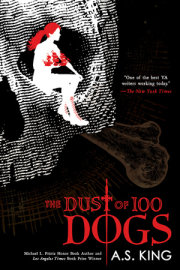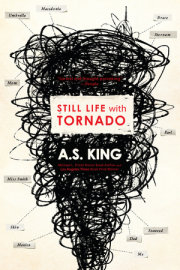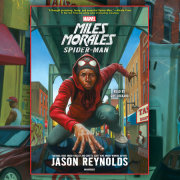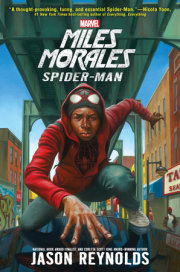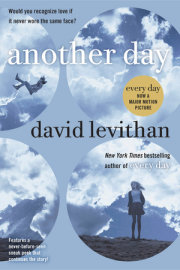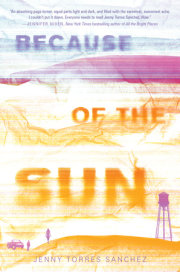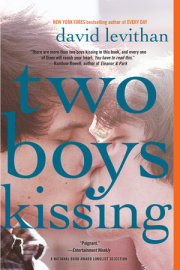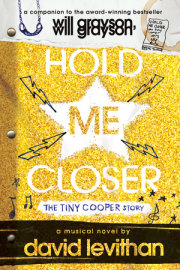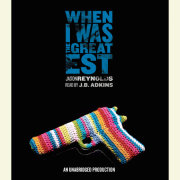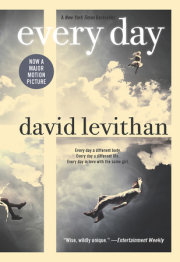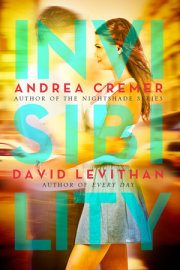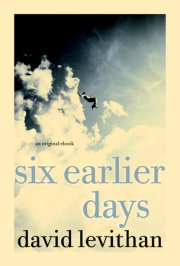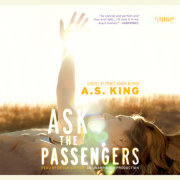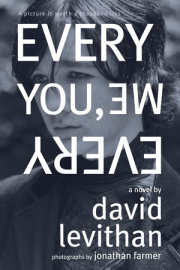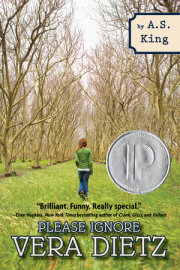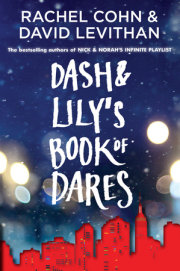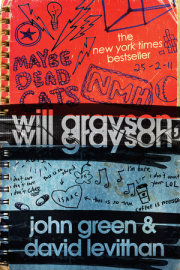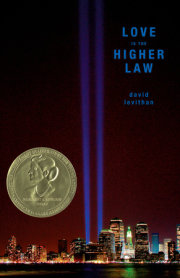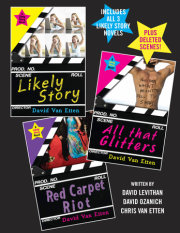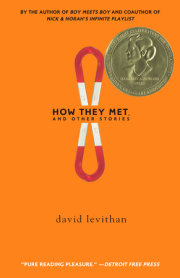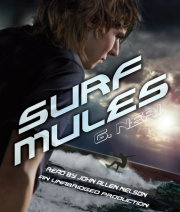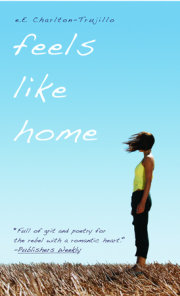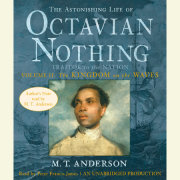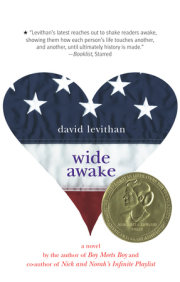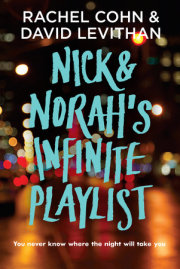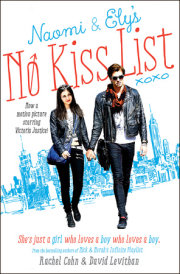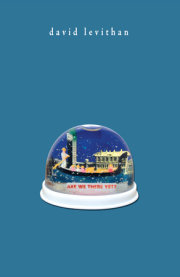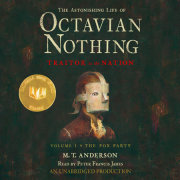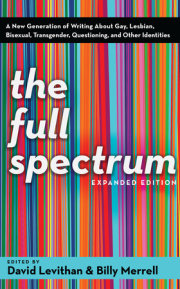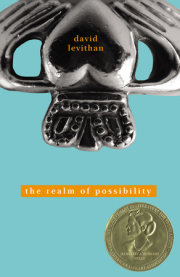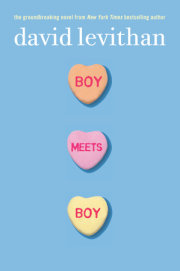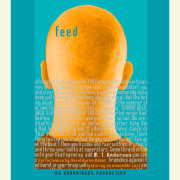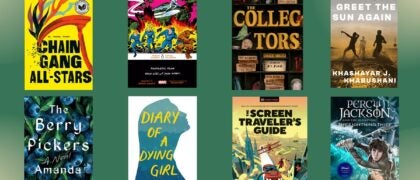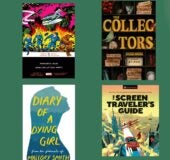Introduction
Here is an incomplete list of things one can collect: crystals, lies, math tests, kittens, scraps of paper with things written on them, books, antiques, enemies, punctuation, friends, rumors, cars, feelings, baseballs, stepmothers, trophies, knowledge, joys, earbuds, anger, office supplies, judgments, conquests, opinions, insults, prophecies, dryer lint.
Collections are everywhere in human culture. Humans collect a lot of things. But why?
Why do we collect things? I woke up from a dream with this question one day in 2021, and it followed me around until I did something with it. I started with research, but then I had to trust my gut.
There is science here—a psychology of collecting that has been studied by industry and academia through the lenses of economics and marketing to anthropology to neuropsychology and social psychology. Science tells us that collecting is ubiquitous, usually harmless, and normal, not to mention profitable. It tells us that a majority of children are collectors, as well as about 40 percent of adults, and it draws lines between healthy collecting and hoarding and other concerning behaviors. When asked,
Why do we collect things? the data give us many answers depending on what’s being collected, how it’s being collected and shared, and in what culture the collecting is taking place. It’s all very logical and tidy. But it doesn’t feel true. While science is awesome, it lacks the nuance of artistic meaning, and that’s part of why I think people collect things. I believe we collect what makes us feel good or what we’re attracted to.
Collections are beautiful to their collectors. Even the most disgusting collection is a glimpse of magic to the right person. Same as the most boring collection can excite. Essentially, every collection is extraordinary and impossible to duplicate, because even if I have the same exact baseball cards as you do, mine hold a meaning for me that’s different from yours. That individual meaning highlights the creative component—which tells me that collections are art, and the act of collection, artistry. Emotion trumps logic here. If you collect buttons/thimbles/rocks and you don’t logically know why, I can tell you. You collect those buttons/thimbles/rocks because you’re an artist and they somehow give life an extra layer of meaning for you. They make you happy.
I collect weird ideas. I collect weird stories. I collect weird questions. I write them on sticky notes and display them on my walls. For a few months, there was a blue sticky note above my desk.
Why do we collect things? Next to it was a note from a year earlier that read,
Weird Short Story Collection. You know what came next. You’re holding it.
There is currency in weirdness that no one told me about when I was a young weird person. There is a freedom in it too. Once an artist can block out any suggestion to conform and let go of their own fear of failure, they have found a new place where dreams can come true. Additionally, when an artist allows themselves to get weird, they give permission to everyone else in the room to get weird with them.
This anthology of stories is the result of me asking nine of my favorite YA writers to write me a story about a collection and its collector, and asking them to toss out conventions, as there were no rules, there was no “normal,” and they could be as weird as they wanted.
There is currency in weirdness, I said.
Be defiantly creative, I said. What they’ve created here is a new, beautiful collection of curiosity and hurting and growing up and healing and loving and living.
As you begin your journey through their words, I want to extend the same invitation to you, reader, for living your life and dreaming your dreams. There are no rules. There is no normal. You can be as weird as you want. Be defiantly creative. Make art of your life, especially if you don’t consider yourself an artist—collect all the little pieces of you and make your story. When you look back many years from now, you will see something extraordinary and impossible to duplicate. You will see
you.
- A.S. King
Copyright © 2023 by A.S. King. All rights reserved. No part of this excerpt may be reproduced or reprinted without permission in writing from the publisher.

